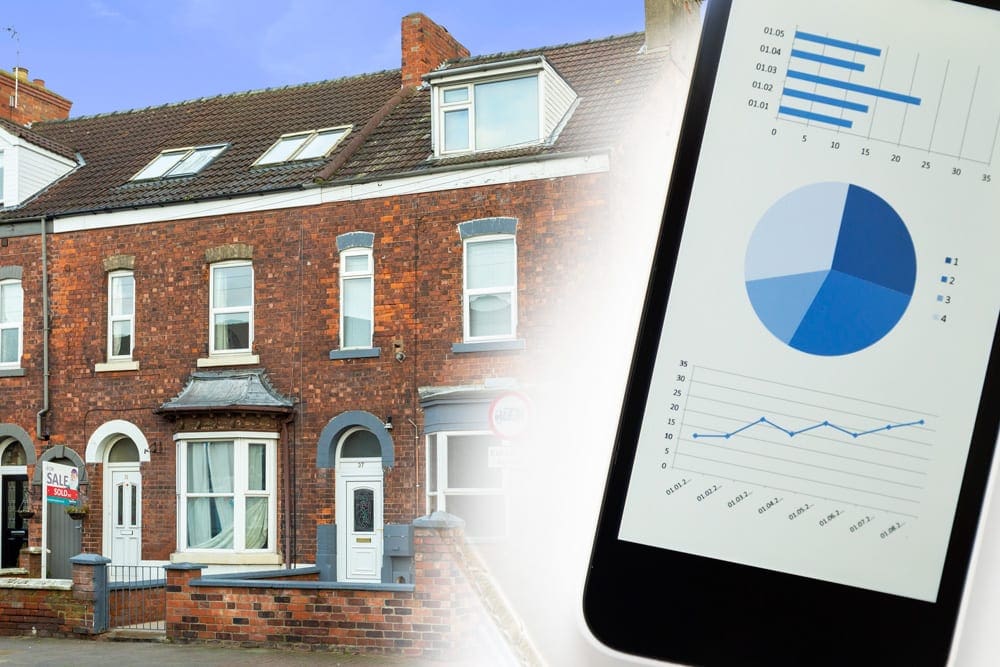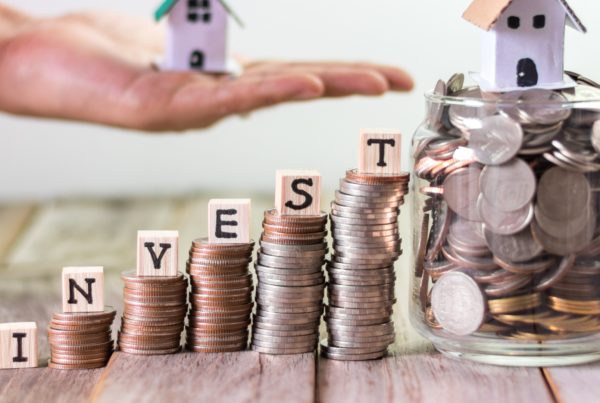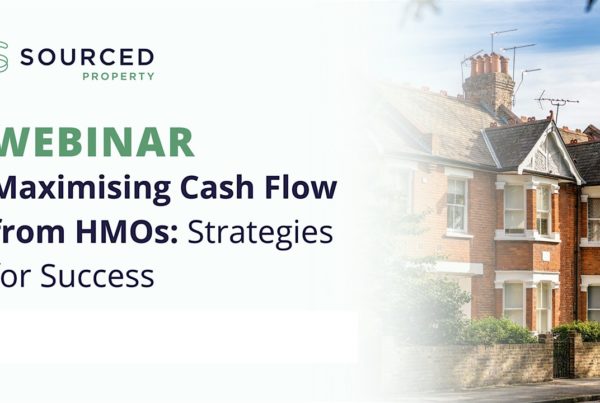
The UK property market didn’t just cope in 2020 – it flourished. And one of the reasons it did so was because of the pandemic.
The contagiousness of coronavirus, coupled with the confining effects of lockdown led to thousands of householders seeking a move from city and town living to the countryside.
More space, access to greenery, an increased desire to work from home long-term – these all caused a change in the market. Once desirable and sought-after, city living lost its gloss in favour of the suburbs and a move to the country. And it’s still the case today, in March 2021.
Stamp Duty Holiday increases ‘frantic’ buying
Pent-up demand following the ending of the first lockdown at the beginning of May saw the market pick up speed quickly. Things became even more frenetic following the start of the Stamp Duty Holiday in October. At that point, anyone in two minds about moving house became decisive overnight when they learned they could save £15,000 on a property valued at up to £500,000. That was the no-duty threshold for England, while Scotland and Wales followed suit (although with less generous tax concessions).
January house sales ‘up’ 24%
HM Revenue and Customs (HMRC) recorded 121,640 property sales in January this year – a 24% rise on January last year.
Of course, what demand does is push prices up – to the extent the value of the average property continued to rise. The latest Land Registry figures show property increased by 1.2% month-on-month last year, resulting in an 8.5% increase year-on-year by December. It brought the cost of the average property to £251,500.
Nationwide and Halifax – whose figures are based on mortgage lending – recorded a 6.4% and 5.4% year-on-year January rise respectively. Halifax data also shows the price of detached homes rose by 10% last year – more than any property type.
No doubt the cost of the average property in the UK will continue to increase over the next few months, with the extension of the Stamp Duty Holiday until June. After that, the tax cut is halved until October, when it reverts to the normal £125,000 concession.
Re-introducing the 95% mortgage
But, all is not lost, even then. That’s because buyers have another incentive to get property hunting. The Chancellor’s Budget Day encouragement for mortgage lenders to re-introduce 95% mortgages for homes valued at up to £600,000 will no doubt fire up certain sectors of the market. This time it’s not just restricted to first time buyers either – existing home owners who want to ‘move up’ will also be eligible for the high loan to value mortgages.
In terms of mortgage approvals, more than 100,000 applicants were given the go-ahead in December – double the number for the end of the year in 2019.
All in all, most property experts are confident the market will continue to do well this year with house prices continuing to rise, albeit slightly. Their confidence comes amid news that Rishi Sunak also opted to extend the furlough scheme until September. This staves off the threat of further job losses and the UK plunging into a steep recession until nearer the end of the year – by which time it’s hoped the country will be completely out of lockdown and most of the population vaccinated.
Get in touch!
Looking for advice and guidance for your property investment strategies over the next year? Then get in touch with our experienced team here at Sourced. We’re all property investors who successfully navigated our way round the last recession. We’re doing the same with the pandemic. See how we can help you by downloading our Prospectus today.



